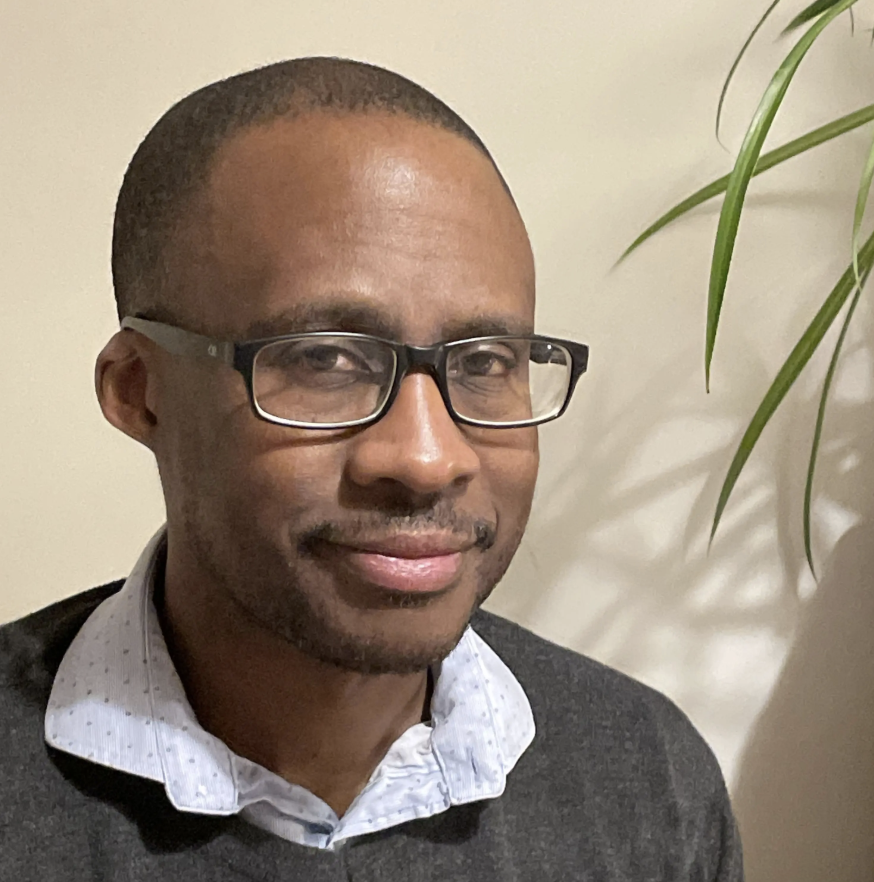How should you choose a therapist to work with? It may make sense to choose someone you feel you have something in common with? Shared background; shared values; shared gender.
These are all valid criteria in which to choose a therapist, but not necessarily to not choose a therapist who doesn't seem compatible at face value.
Why difference may also be a good choice:
1. You cannot judge a book by it's cover
This may be a cliche, but probably because it's true. Appearance is skin deep. When choosing a therapist, try to consider that you may have preconceptions based on appearance, that are not necessarily true. You may have more in common than you think, like a similar upbringing, perhaps in a city, the suburbs, or a rural setting.
2. Are you missing an opportunity?
There are many reasons to chose a therapist of the same gender, but have you considered the missed opportunity of working through issues, with someone who can present the perspective of the gender you may be trying to figure out?
3. The power of projections
Related to the above is the psychological concept of 'projection', whereby the client 'projects' qualities of someone from their past onto the therapist. Basically, the therapist may remind the client of someone, and this may bring up certain emotions associated with that person.
A simple example is if a female client is having issues in the workplace with an older man, this may show up in therapy as the male therapist eliciting feelings associated with the client's father, which can then be worked through, and resolved not just in the relationship with the father, but also with the male colleague. I suggest that this would not be so easy if the client and therapist were the same gender.
4. The value of different perspectives
Different perspectives are not just relevant to gender, but any difference offers the opportunity to have things reflected back to you in a different way, e.g. class; ethnicity, neurotype, etc, which can lead to real insight. Step out of your echo chamber, and see what happens.
5. Change comes through disruption
Think of revolutions, where, out of the chaos, comes something new, and potentially better.
6. Break old habits
Therapy is about breaking habits that aren't working for us. In relationships, we may be drawn to similar partners, we know haven't necessarily worked for us in the past. Why should therapeutic relationships be any different?
So I would urge you to take the plunge and try something different. After all, we therapists are trained. We are taught robust techniques to hold and support our clients, whoever they may be.
Some of us are specifically trained to work with difference. I trained in transactional analysis at TA East London Institute. Transactional analysis is a practical approach to psychotherapy that believes that all people are OK, everyone has the capacity to reach their full potential and all people can change.
In addition, TA East London trained me to be sensitive to difference, to work with difference and to celebrate difference. We call it intersectionality. Intersectionality is how our many identities come into play. A Black man like myself, who is also autistic, will experience the world in a different way than a Black man who is not autistic, or an autistic man, who is not Black.
It's complex, but that is what therapy is all about; getting to know ourselves intimately, right to the deepest recesses of our unconscious. With self-knowledge comes freedom, which is why I called my practice Freedom Therapy Brighton.

